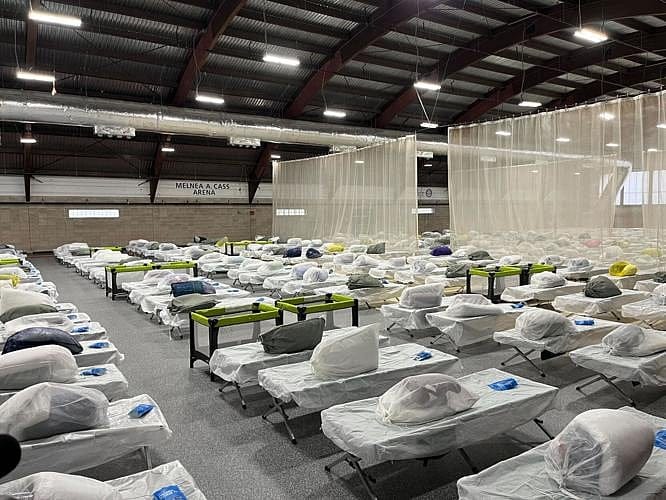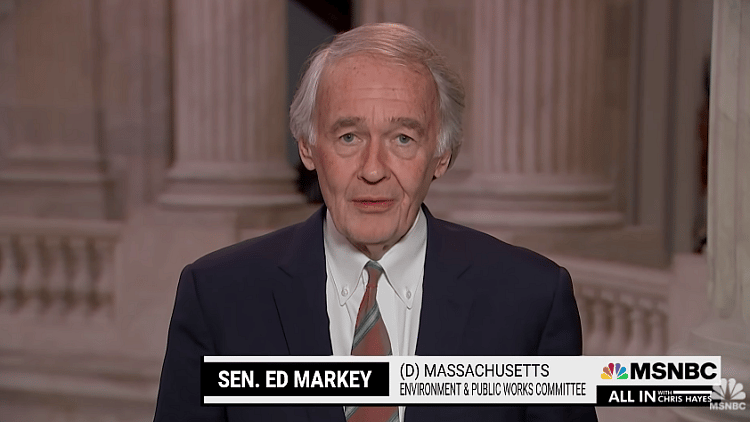News

Boston’s Mass & Cass Housing In Use As State Seeks Shelter Solution For Illegal Immigrants

By Sam Drysdale
State House News Service

